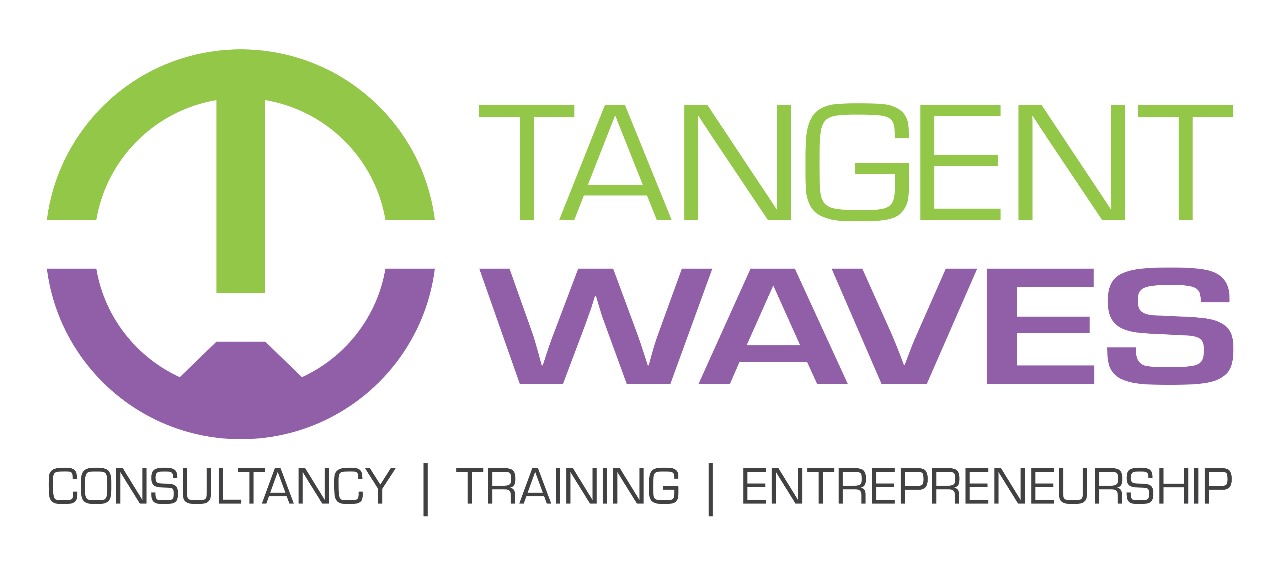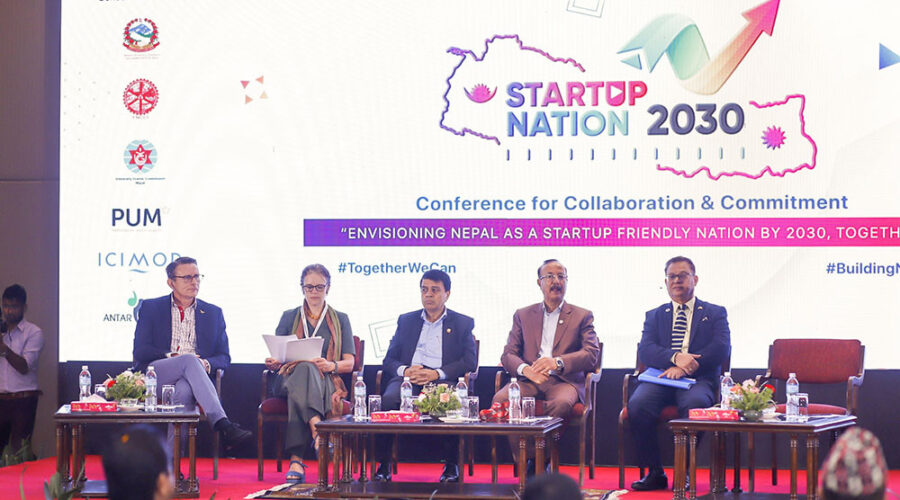KATHMANDU: The ‘Startup Nation 2030 Conference’ being held in Kathmandu aims to nurture and elevate Nepal’s startup ecosystem.
The highly anticipated two-day conference that kicked off on Monday is a collaborative effort by the Ministry of Industries, Commerce and Supplies (MoICS), Federation of Nepalese Chambers of Commerce and Industry (FNCCI), University Grants Commission (UGC) Nepal, PUM Netherlands senior experts, International Centre for Integrated Mountain Development (ICIMOD), and Antarprerana.
The conference aimed to nurture and elevate Nepal’s startup ecosystem. Launched on July 25 last year, the campaign’s vision is to make Nepal an attractive destination for startups, paving the way for the establishment of 10,000 new startups and the creation of 100,000 jobs by 2030. This year, the UGC Nepal has also lent its support to this ambitious initiative.
Drawing participants from Nepal, India, Bangladesh, and the Netherlands, the conference serves as a platform for around 200 attendees to share insights, bridge resource gaps, forge partnerships, exchange knowledge, and discuss policy strategies.
Addressing the conference, Minister for Industry, Commerce and Supplies, Ramesh Rijal, reiterated the government’s commitment to formulating policies and legal frameworks that would foster the growth of fledgling companies. He emphasized ongoing projects like idea-based funding and subsidised loans for entrepreneurs and returning migrant workers. Additionally, he revealed that a new startup policy is on the horizon.
Antarprerana Chairperson Om Rajbhandari highlighted the campaign’s triple helix model, uniting policymakers, academia, and the private sector to provide support for innovation and startups in Nepal. He stressed the importance of a regulatory framework that encourages private sector to invest in startups and empowers innovation. Despite these aspirations, doubts linger regarding the government’s dedication to the cause. A National Startup Enterprise Policy, 2079 was jointly drafted by the National Planning Commission and the private sector in the previous fiscal year but has yet to be implemented.
On the occasion, FNCCI Senior Vice President Anjan Shrestha voiced concerns about the outflow of Nepali youths from the country. Nearly one million Nepalis left the country in foreign employment in the previous fiscal year, he said and underscored that a startup-friendly policy could play a pivotal role in retaining local talents and further suggested the government expedite the implementation of the National Startup Enterprise Policy.
Izabella Koziell, Deputy Director General of ICIMOD, emphasized the need for startups to address climate-related challenges and prioritise sustainable practices alongside profits. She briefed about ICIMOD’s involvement in nature-related businesses such as strengthening the Himalayan nettle value chain and large cardamom farming. Koziell stated that Nepal possesses the potential for diverse and innovative startups with a focus on ecological and climate-related solutions.
Likewise, Pim de Bokx, PUM Programme Manager and an incubation expert, echoed Koziell’s optimism. He opined that although startups are in their nascent stages, they will rapidly gain momentum in Nepal. PUM has considered Nepal as one of its priority projects to aid stakeholders, policymakers, students, enterprises, and startups.
The Startup Nation 2030 Conference signals Nepal’s determination to create a fertile ground for startups to flourish. With a focus on collaboration, innovation, and supportive policies, Nepal aims to transform its startup landscape and realise its vision of becoming a startup-friendly nation.
The two-day conference being held at The Soaltee Kathmandu will conclude today.
Source: Business360


